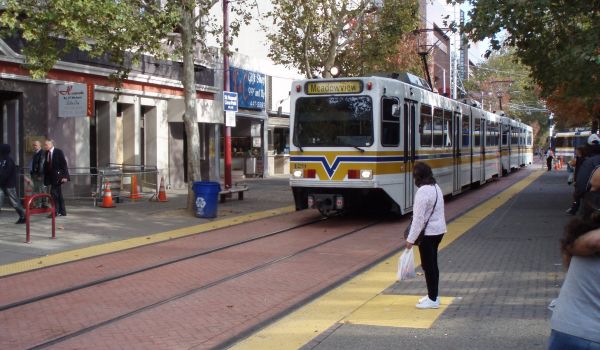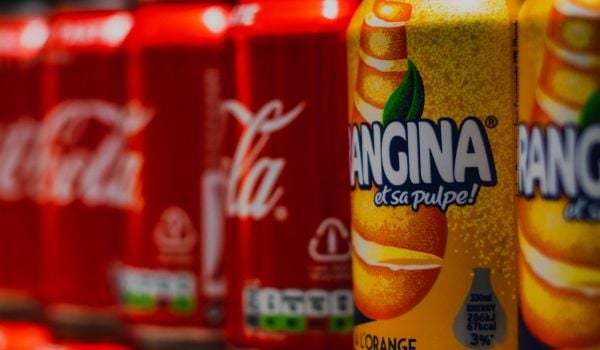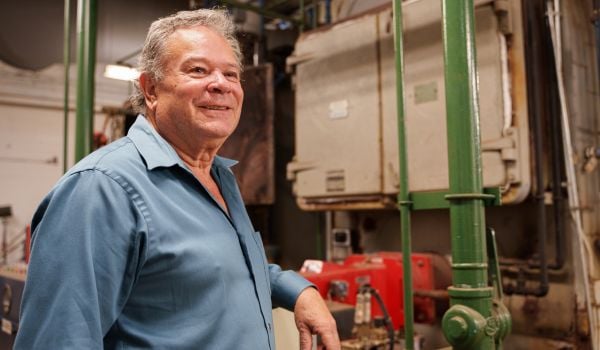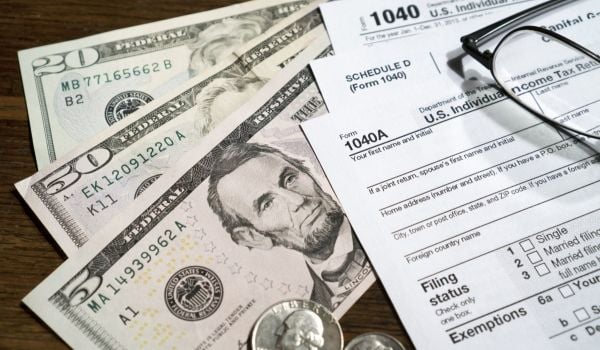Don’t get me wrong—going green is a good thing. But it seems rather appropriate that money is also green. There’s a few “easy fixes” being showcased in Connecticut that are just absurd. One example was offered by Chris Phelps from Environment Connecticut, who suggested that buying an LCD computer screen to replace old, clunky CRT monitors is a way of reducing energy waste. Unfortunately, even after the consumer spends $200 on the new gadget, the electric-sucking CRT screen doesn’t just disappear. It goes in the trash, to the landfill, that produces, you guessed it, waste.
Some businesses are starting to see the “green” movement as an opportunity to capitalize. Studies conducted by Clorox and other self-proclaimed “corporate faces of the green movement,” have shown that consumers are buying the brand of environmental conservation and paying more for it. Marketing researchers have done their homework. Are profit-driven and materialistic solutions ethical? Are we saving the environment, or are we buying self-satisfaction and reassurance in ourselves as positive contributions to our living world?
Knocking on doors and pressuring citizens to buy compact fluorescent bulbs and other marked products does not show concern or respect for our environment. It implies that people who cannot afford these more expensive consumer goods are harming the planet. What motivation do you give town citizens to “go green” when so much focus is placed on how they’ve failed and how big businesses and their products will save us? Why do green-minded businesses and hybrid owners get tax breaks while the rest of America is expected to sacrifice and spend “a little extra money” on green products?
Going green could mean exactly the opposite—cutting back on consumer goods. Ellie Thomas, director of logistics for the Stew Leonards grocery store chain, was quoted in The Hour as saying that when it comes to the environment, “no idea is too small.” Thomas’s approach is much more responsible. Her company is focusing on working with and adapting current supplies and materials for more efficient use. New products lead to new waste.
There is also some reassuring language being used by local politicians. The call for the installation of bio-fuel, solar and wind power sources is a step in the direction of sustainability. These changes to already-existing structures will see faster and more effective results as well as provide a blueprint for other communities. While benefits of LEED construction do to lower operating expenses, it is important that the public realizes a direct correlation between going green and “seeing green.” The statistics have to show that these changes are benefiting the taxpayers.
The humanitarian aspect of going green is being ignored, unfortunately, as it is one of the most important fundamentals of the progressive change that Connecticut’s towns and suburbs are striving for. A responsibly developed environment involves people and their physical and emotional well-being. Let’s not forget ourselves in the plan to save our living space. Our environmental issues are the result of lifestyle choices we made as people. Changing ourselves as people takes more effort than heading to the mall. Hopefully, we all have the time for it.
















